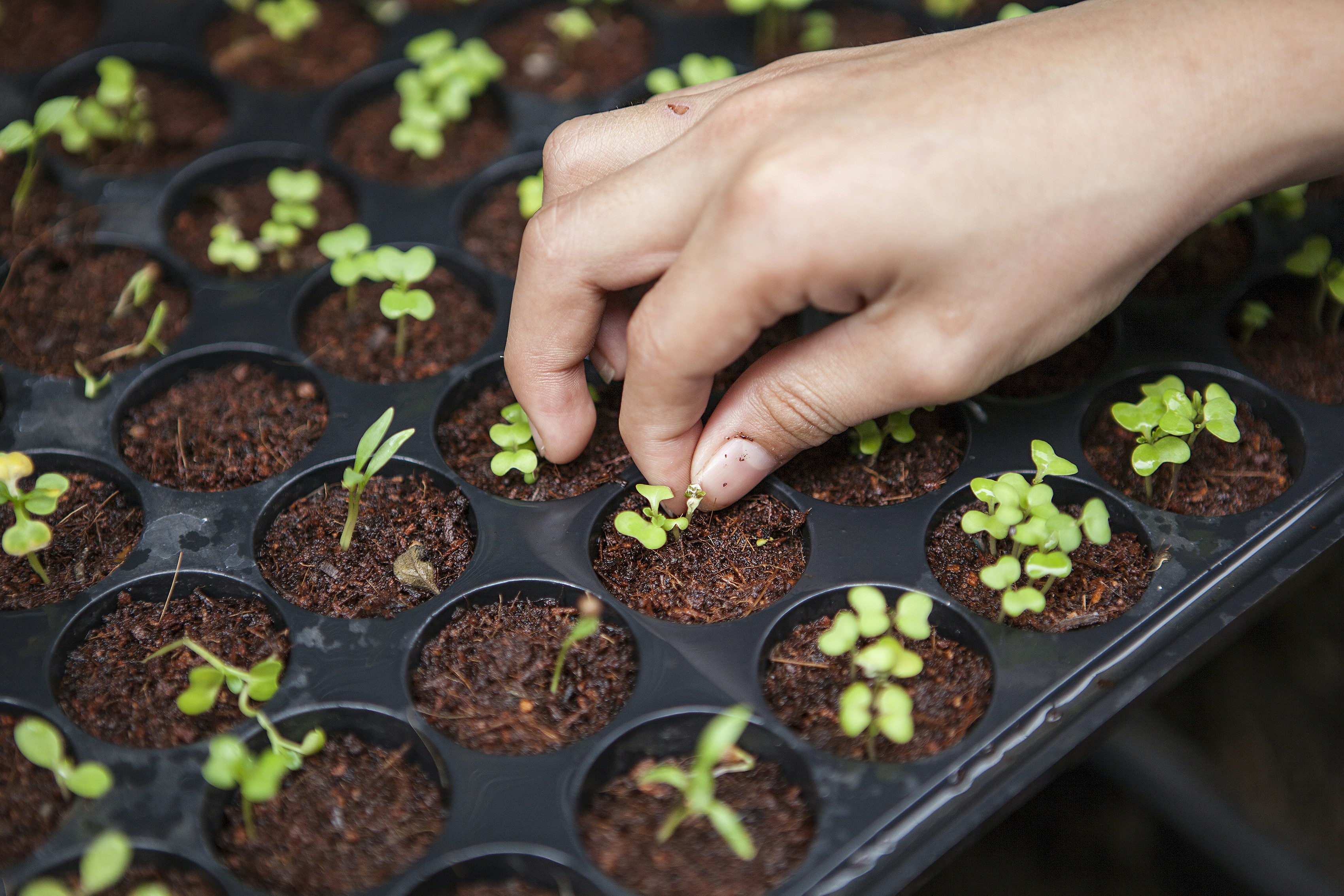 Photo by Noah Buscher on Unsplash
Photo by Noah Buscher on Unsplash The Benefits of AI Guided Organic Farming
As we look to the future, agriculture is set to undergo a revolutionary transformation with the advent of AI guided organic farming. This innovative approach combines the power of artificial intelligence with the principles of organic farming to create a sustainable and efficient farming system like never before.
One of the main benefits of AI guided organic farming is its ability to optimize crop production. Through the use of AI algorithms, farmers can analyze data collected from various sources such as soil sensors, weather stations, and crop health monitors to make informed decisions about planting, watering, and harvesting. This not only maximizes crop yields but also minimizes the use of pesticides and fertilizers, resulting in healthier and more nutritious produce.
The Role of AI in Sustainable Development
AI guided organic farming also plays a crucial role in sustainable development. By reducing the reliance on synthetic inputs, it helps preserve soil health and biodiversity. Additionally, AI algorithms can predict and prevent crop diseases and pests, reducing the need for harmful chemical interventions.
Furthermore, AI guided organic farming promotes water conservation and efficient resource management. By analyzing soil moisture levels and weather patterns, farmers can optimize irrigation schedules and reduce water wastage. This not only conserves water but also reduces energy consumption and greenhouse gas emissions.
A Promising Future
The potential of AI guided organic farming goes beyond just crop production. It also presents opportunities for job creation and economic growth. With the implementation of AI technologies in farming, there will be a demand for skilled professionals who can operate and maintain these systems. This can lead to the establishment of scalable economic hubs, creating employment opportunities and driving economic development in both rural and urban areas.
In conclusion, AI guided organic farming is the future of agriculture. Its ability to optimize crop production, contribute to sustainable development, and promote economic growth makes it a vital component of our journey towards a greener and more sustainable future.
RELATED POSTS
View all

